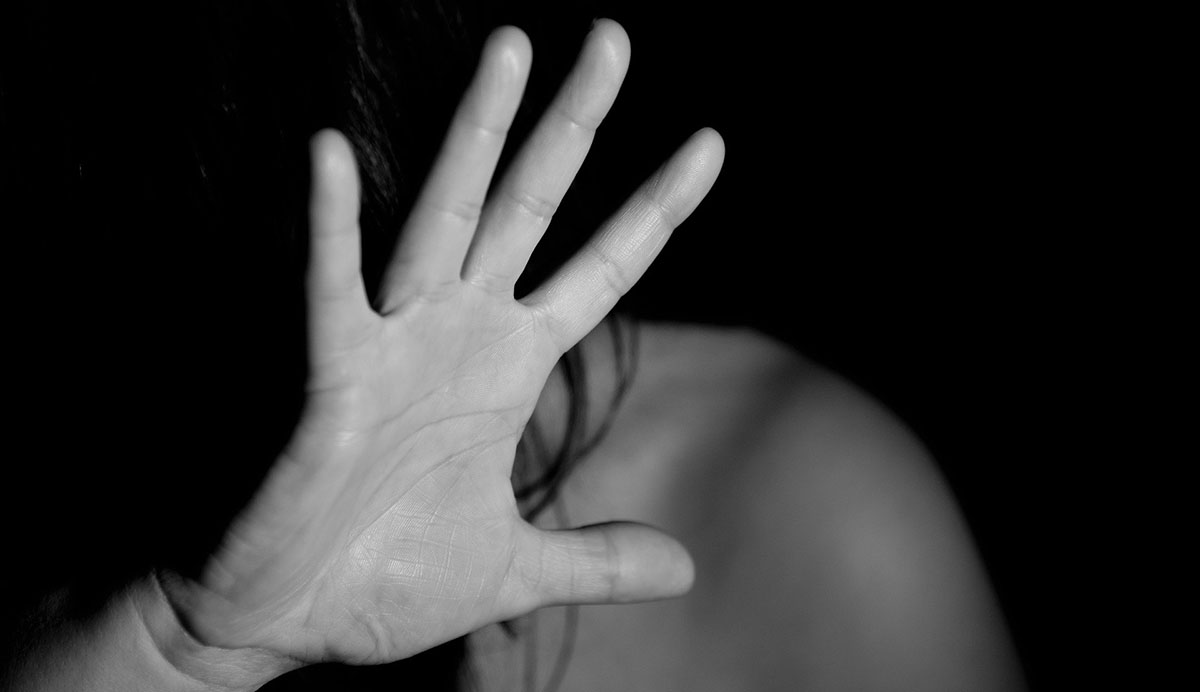A Defensive Attachment Response Self-perpetuates
Have you ever had someone tell you that you are “too defensive”? Or how about “you never let me in”? If you have had someone say this (or similar) to you in any of your close relationships, then you’ve probably realised by now that you have trust issues. It can be a stressful and lonely way to live. We’ve covered a number of aspects related to attachment in a good few blog posts over the years, but it is sometimes also helpful to point out the obvious. Our behaviours self-perpetuate unless we deliberately intervene. It may be that others have hurt you in the past, but it is time to exit the vicious cycle of self-fulfilling prophecy. If you want to begin to forge healthier attachments with others, then today’s article may just point you in the right direction.
 When it comes to attachment, there is a rule that seems to apply, regardless of your style; it self-perpetuates. It is similar to Newton’s first law of physics, which we will paraphrase loosely here as ‘an object in motion stays in motion.’ Attachment that is based on distrust and defensiveness is destined to continue along that path until it is intervened upon with behavioural changes and attachment work.
When it comes to attachment, there is a rule that seems to apply, regardless of your style; it self-perpetuates. It is similar to Newton’s first law of physics, which we will paraphrase loosely here as ‘an object in motion stays in motion.’ Attachment that is based on distrust and defensiveness is destined to continue along that path until it is intervened upon with behavioural changes and attachment work.
Unfortunately, attachment problems also self-perpetuate, due to the very nature of the matter – distrust and unmet needs.
When one has developed an avoidant, disorganised, or ambivalent attachment style, it creates a false expectation that others will repeat the same pattern and a level of defensiveness ensues that reinforces those expectations. Defensiveness makes sense, given past experiences, but it also creates an environment in which it is even more difficult to establish healthy connections.
How Defensiveness Reinforces Attachment Style
Human connection is so important. When we block ourselves from having meaningful relationships we inadvertently reinforce our own unhealthy attachment styles and perpetuate the idea that people are untrustworthy or that we are not worth loving.
We tell ourselves these stories and then build an emotional fortress that supports them; we throw alligators in the moat to make sure no one gets through unscathed, all to protect this internal self that has been hurt by others in the past and now wants to stay safe. The problem is, human relationships will always hurt us, as well as bring us our greatest sources of joy and purpose.
When we allow a defensive attachment to dictate it recreates the very situation we are so desperate to avoid; we end up feeling isolated, lonely, and unloved. That self-perpetuation bakes in and reinforces the attachment style. It results in people establishing rules about human nature, like “people cannot be trusted,” or “no one is there for me.”
These rules then manifest into behaviours such as making the choice to not reach out to others, or not valuing oneself enough to set healthy boundaries. Sometimes people set boundaries so steep that no one is allowed in, and this is equally as destructive.
Managing Defensiveness
We are all muddling through life as best we can. We need to remember that even when people let us down or behave badly, it is often a reflection of their own underlying struggle rather than a direct indicator of what they think of us.
It makes sense that we take it personally when we feel disregarded or mistreated, but it is important to keep our assumptions in check and have a conversation with ourselves around human fallibility.
It is important that we remember our own worth and try not to read too much negative meaning into this specific situation or lump it into a category that proves a theory we have about ourselves or others.
[This blog post originally appeared on Teyhou’s website www.livingwithfinesse.com ~ some content may have been modified for the UK context.]
